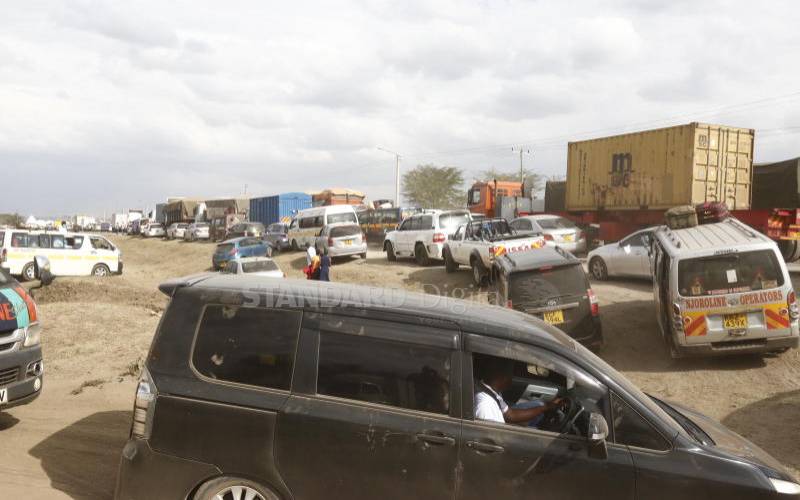×
The Standard e-Paper
Join Thousands Daily

The full extent of revised measures to tame the third wave of Covid-19 announced by President Uhuru Kenyatta on Friday was felt yesterday.
Churches were deserted even as faithful of the Catholic Church across the country marked a low-key Palm Sunday, which is important in the Christian calendar.